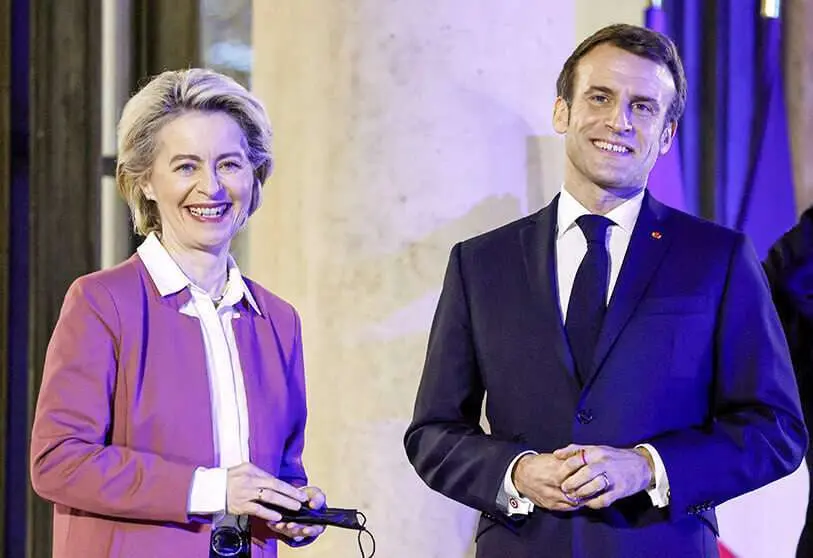The European Union dodges a potential catastrophe

Following the announcement of Macron's victory in France's recent presidential election, a collective sigh of relief was heard across Europe. Few national elections have generated so much excitement across the length and breadth of a continent. However, the outcome of these elections would not only affect the French, but each and every European citizen, so they took on a European flavour.
The victory of Marine Le Pen, who did not hesitate to use the slogan "No to Brussels, yes to France" during her campaign, would have been catastrophic for the EU. Although unlike in 2017, Le Pen has chosen not to propose a 'Frexit', she did promise to hold a referendum to amend the French constitution in order to 'reconcile [France's] European commitment with the preservation of its sovereignty and the defence of its interests'. The president of Rassemblement Nationale thus sought to put the French constitution above international law, despite the fact that EU law has prevailed over the national law of member states since 1964.
The High Representative of the European Union, Josep Borrell, indicated in a recent interview that, although Le Pen is no longer proposing abandoning the euro, as in the last presidential elections, "she is putting forward certain ideas that, if put into practice, will break the institutional balances in Europe". One of these ideas is the renegotiation of the Schengen agreements to re-establish border controls to identify non-European citizens. This measure, beyond being a logistical and ethical problem, is above all an attack on the Schengen spirit, which since 1995 has allowed European citizens to move freely.
A Le Pen presidency would not only have had negative consequences for the EU, but also for NATO. Among her proposals was to pull France out of NATO, something that not only worried European allies, but also had Washington on edge. Against the backdrop of the invasion of Ukraine, the Atlantic Alliance faces its most critical moment since its founding. France's exit from the Alliance would put the very existence of the organisation at risk, especially given Le Pen's apparent high opinion of Vladimir Putin. No wonder, then, that leaders across Europe have been quick to congratulate Macron, reflecting a relief that was well expressed by the president of the European Council, Charles Michel: "Bravo Emmanuel. In this turbulent period, we need a strong Europe and a France fully committed to a more sovereign and more strategic European Union".
The latest crises faced by the Union, such as the COVID-19 pandemic or the recent invasion of Ukraine, not to mention Brexit, have managed to accelerate the process of EU integration, a process in which France has played a crucial role. Macron, who has long insisted on the need to issue common debt, managed to convince sceptical Germany during the economic crisis caused by the pandemic. In the past year, Macron's interest in making the European Union a geopolitical actor that can match up to allies and enemies has been remarkable, and he has been a strong advocate of the creation of a future European army, a subject few dared even mention. Now, with war on Europe's doorstep, this possibility is no longer taboo.
Macron's place in the European Union has always been somewhat overshadowed by the presence and leadership of Angela Merkel. However, after the change of government in Germany, Macron will now occupy a prominent place in the EU. He now has another five years ahead of him to realise his dream of a more united, stronger and, above all, more independent Europe. A Europe that moves away from nationalism and seeks integration. It will not be easy; more than 13 million French voted for Le Pen. Some 41.5% of voters preferred the option of a sovereign France, or in other words, a European Union with less power. Macron will have to deal with the disaffection of his population towards the EU. Nevertheless, Europe can breathe a sigh of relief today. It has got rid of a good one.

